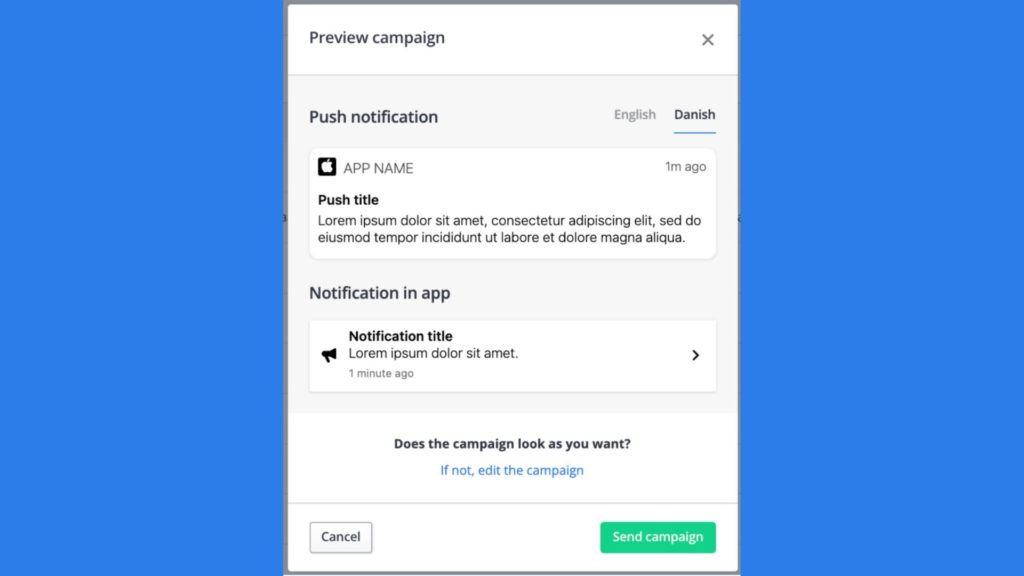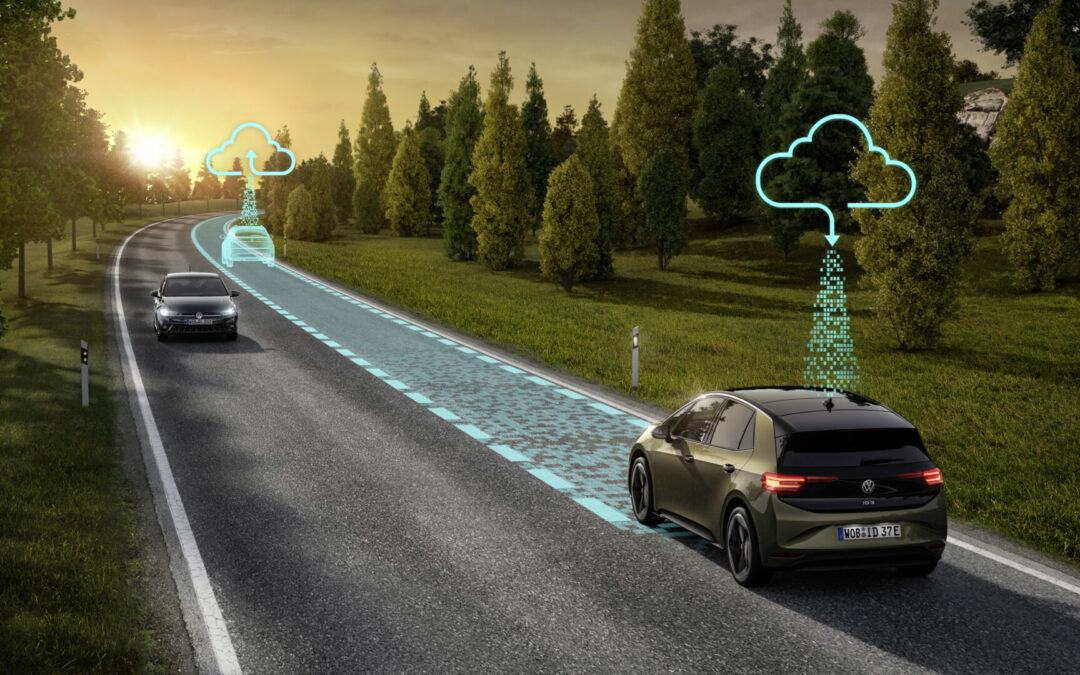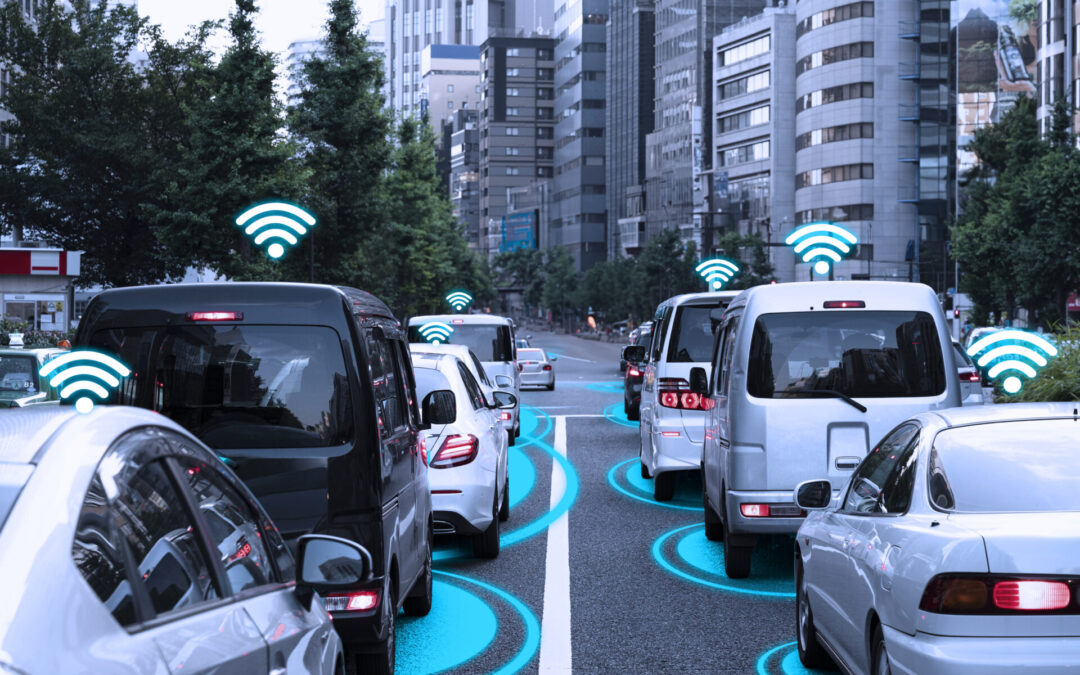The automotive industry is on the cusp of a major shift. Vehicles are equipped with an array of sensors that provide valuable data about everything from driving habits to the vehicle’s technical status. This data can be transmitted to manufacturers, importers, and dealers who can use it to improve the customer experience. However, the real game-changer is when this data is used by marketers to bring additional value to customers. In this article, you will learn about how marketers can use connected car data for their benefit.
What is a connected car?
By definition, a connected car is part of the ‘internet of things. That refers to everyday items connected to the internet in order to make everyday life easier. A connected car is a vehicle that is equipped with internet connectivity, allowing it to communicate with other devices on the road and in the cloud. This technology has the potential to revolutionize the way automotive stakeholders market to and interact with customers.
By collecting data about for example driver behavior, automotive stakeholders can gain insights into consumer preferences and behavior and market in a more customer-centric manner. For example, marketing teams can use connected car data to determine the most effective advertising messages and tailor campaigns accordingly. They can also use connected car data to improve the customer experience by providing them with real-time information about traffic conditions, detours, and more. The possibilities are endless, but one thing is for sure: connected car data is changing the auto industry.
The type of data connected car can generate
To give a real-life example, at Connected Cars a hardware unit for data collection is installed in the vehicle’s OBD II port. This hardware unit collects a much wider range of data than factory-installed devices. Then, it sends all data in real-time to the Connected Cars cloud.

The benefits of connected car data for marketers
Automotive brands use an increasing amount of customer data to create more successful marketing campaigns. For example, Audi focuses a lot on personalization and digitalization to increase sales. Still, connected car data is a bit of an underestimated asset in marketing departments. An average vehicle often records 30 to 50TB of data but can record up to 150 TB. This data can be used wonderfully to create specifically targeted ads in aftersales.
First, it can help marketers better understand customer behavior. By tracking how customers use their vehicles, marketers can gain valuable insights into their habits and preferences. Additionally, this data can let workshops establish a more personal connection with vehicle owners. Moreover, it can give workshops the opportunity to become more proactive in vehicle maintenance.
Second, connected car data can help marketers reach customers in new ways. Traditional marketing channels are becoming less effective as consumers become savvier and media fragmentation increases. However, connected cars offer a unique platform for reaching consumers who are spending more and more time – in their vehicles.
Third, connected car data can help marketers create more personalized experiences for customers. Additionally, insurance companies, banks, or legal and sales departments can also take great advantage of curated customer data.

A real-life example of using connected car data for marketing
In ConnectedWorkshop, the Campaign Module was developed for workshops to add more value to their customers. Users assigned as campaign managers can create campaigns towards a targeted audience to improve customer-to-workshop relationships, as well as increase sales. These campaigns can be seasonal offers, such as winter tier replacement or any additional service a workshop can offer. With the Connected Cars Campaign Module, the marketing channel goes straight into the pockets of the customers via MyConnectedCar. It’s also possible to target a subset of specific customer segments such as vehicle age, brand, etc.
The campaign tool can also be used to distribute local mass messages (that still remain personalized) efficiently, attracting and converting customer segments.

Example of a test campaign in the Connected Cars Campaign module
Conclusion
As cars become more and more connected, the data they generate can revolutionize marketing. Car companies can get insights into customer behavior. This will lead to a more efficient and effective marketing process, and ultimately, happier customers and more revenue generated.






